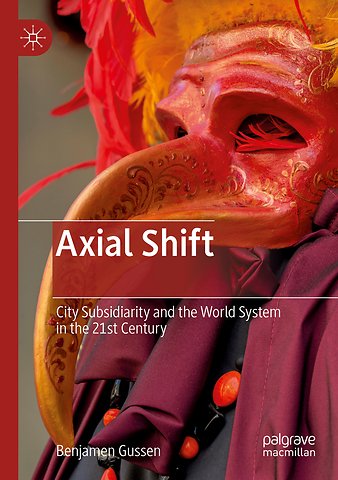Axial Shift
City Subsidiarity and the World System in the 21st Century
Samenvatting
This book uses historical analysis, constitutional economics, and complexity theory to furnish an account of city subsidiarity as a legal, ethical, political, and economic principle. The book contemplates subsidiarity as a constitutional principle, where cities would benefit from much wider local autonomy.
Constitutional economics suggests an optimal limit to jurisdictional footprints (territories). This entails preference for political orders where sovereignty is shared between different cities rather states where capital cities dominate. The introduction of city subsidiarity as a constitutional principle holds the key to economic prosperity in a globalizing world.
Moreover, insights from complexity theory suggest subsidiarity is the only effective response to the ‘problem of scale.’ It is a fitness trait that prevents highly complex systems from collapsing. The nation-state is a highly complex system within which cities function as ‘attractors.’ The collapse of such systems would ensue if there were strong coupling between attractors. Such coupling obtains under legal monism. Only subsidiarity can make the eventuality of collapse improbable. The emergent and self-organizing properties of subsidiarity entail a shift in policy emphasis towards cities with a wide margin of autonomy.
